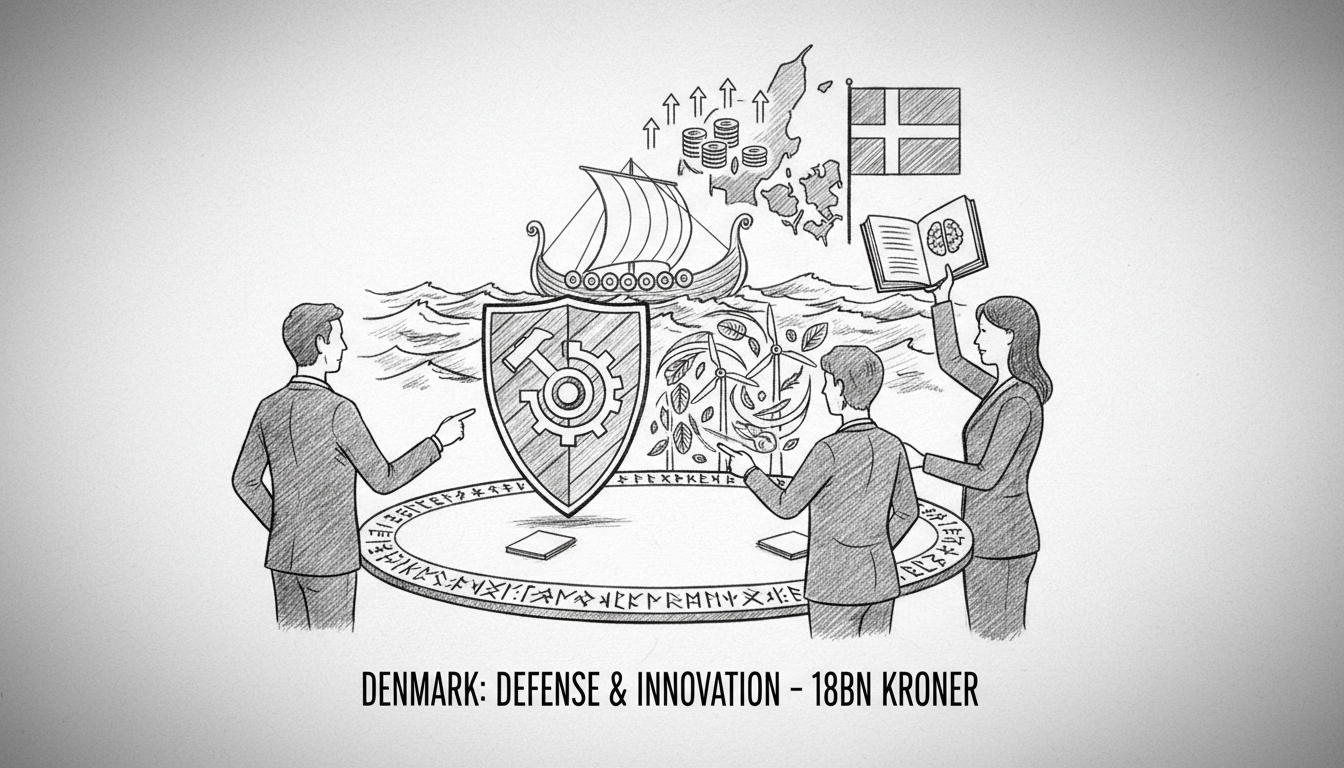Danish lawmakers have reached a groundbreaking agreement to invest heavily in research and innovation. The deal allocates over 18 billion Danish kroner across four years starting in 2026. This represents one of the largest research investments in recent Danish history.
The funding comes through what's known as the research reserve. Parliament will present the details at a Thursday press conference at Christiansborg. For the first time, funding will cover multiple years rather than annual allocations. The four-year timeframe from 2026 through 2029 provides unprecedented stability for research institutions.
According to the agreement, Denmark needs a strengthened strategic approach to research and innovation. The government and supporting parties agreed on strong, multi-year funding for strategic areas. These areas are critical for Denmark's ability to handle challenges and boost competitiveness in security, green transition, and health.
The agreement consists of two separate deals. The first includes all parliamentary parties except Borgernes Parti. This portion distributes over 13.5 billion kroner from 2026 through 2029. Defense research receives the largest share at six billion kroner for security-focused technologies.
Green transition research gets approximately 2.7 billion kroner. Mental health research receives 660 million kroner to address rising diagnosis rates. The second part of the agreement involves all parties except Liberal Alliance and Borgernes Parti. This distributes nearly 4.7 billion kroner, with about 2.3 billion going to risk-willing top research.
Universities will receive two billion kroner in free research funds through 2029. This gives academic institutions flexibility to pursue projects they consider most promising. The long-term funding represents a major shift in Danish research policy that could strengthen the country's competitive position.
This substantial investment comes as Denmark faces increasing security challenges in the Baltic region. The defense research focus aligns with broader Nordic security concerns. Other Scandinavian countries have also increased military spending recently. Denmark's approach combines security needs with green transition goals, creating a comprehensive strategy.
The four-year funding cycle provides research institutions with rare predictability. Scientists can plan longer-term projects without annual funding uncertainty. This could attract international researchers to Danish institutions and help retain local talent. The mental health funding addresses growing public health concerns that have emerged in recent years.
Political analysts note the broad consensus across most parties demonstrates recognition of research's importance. The exclusion of smaller parties from portions of the agreement shows lingering political divisions. Still, the main funding package enjoys wide support across the political spectrum.

